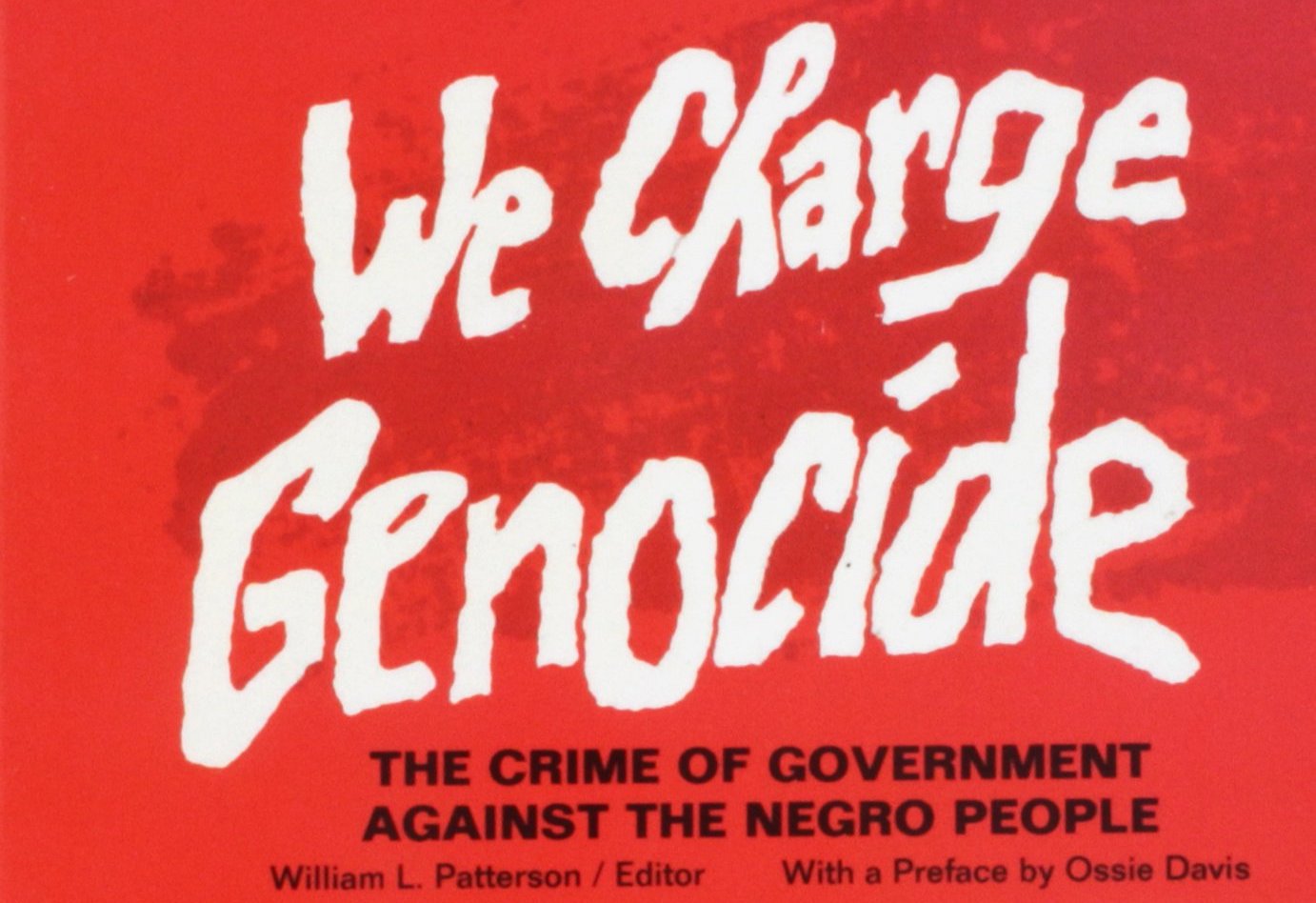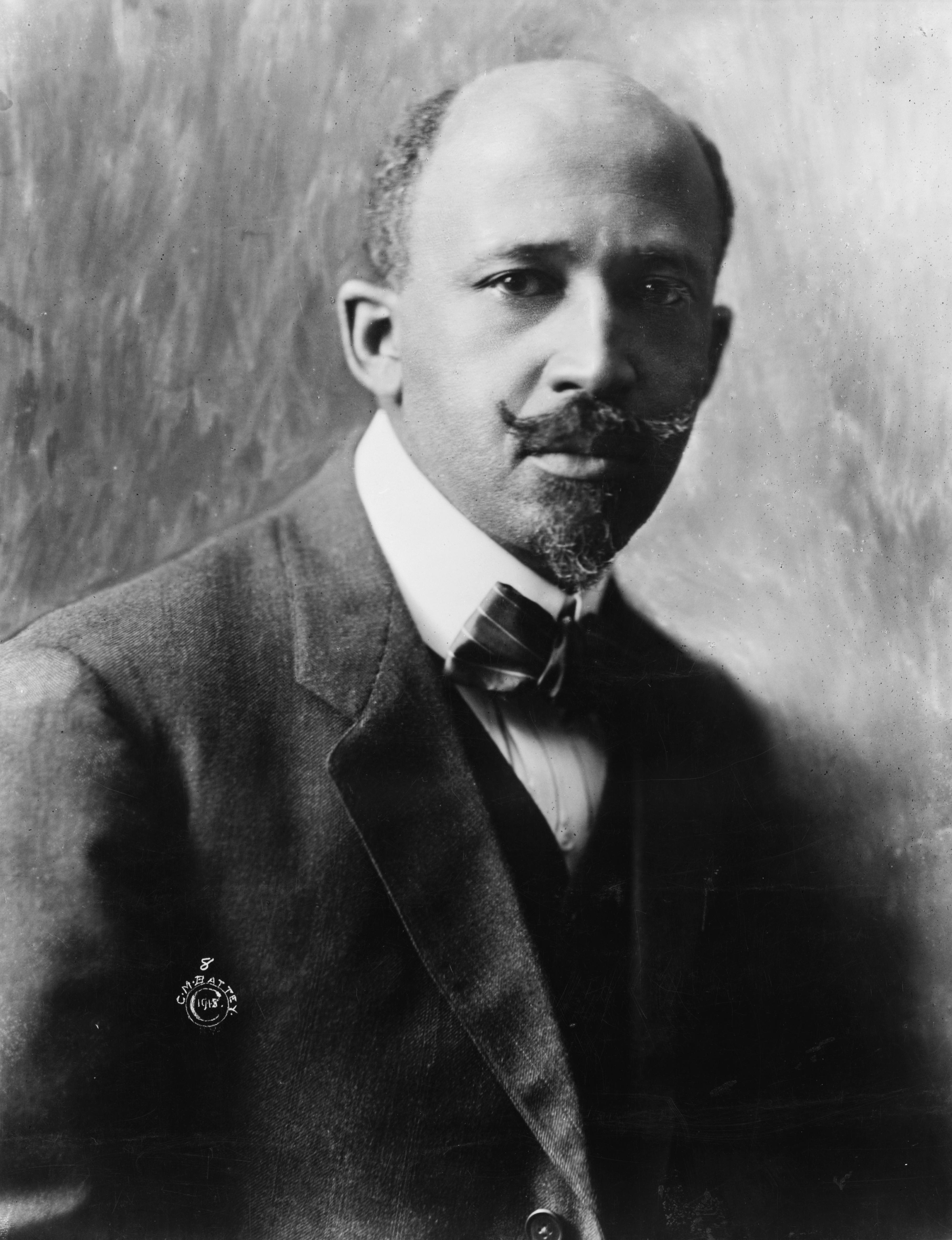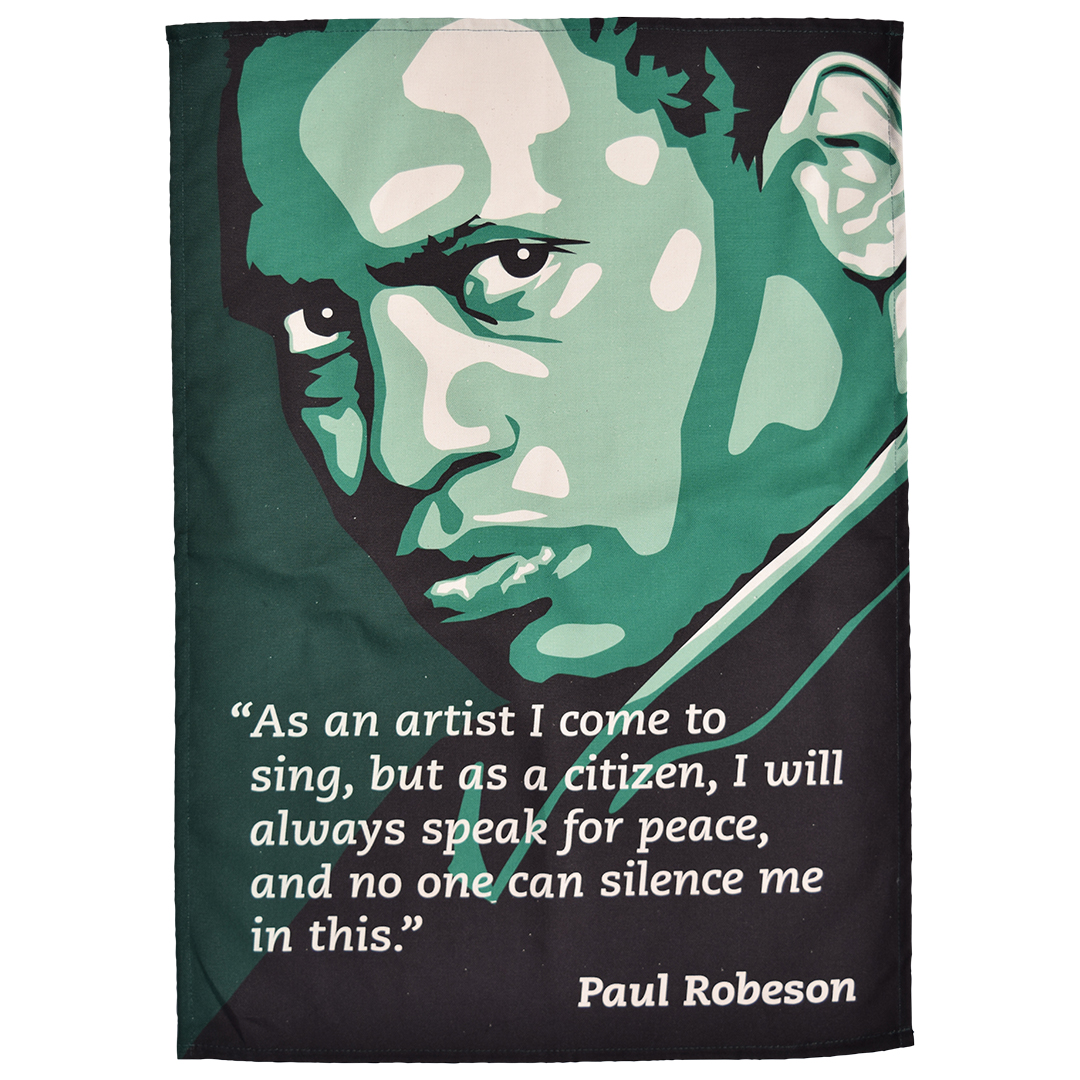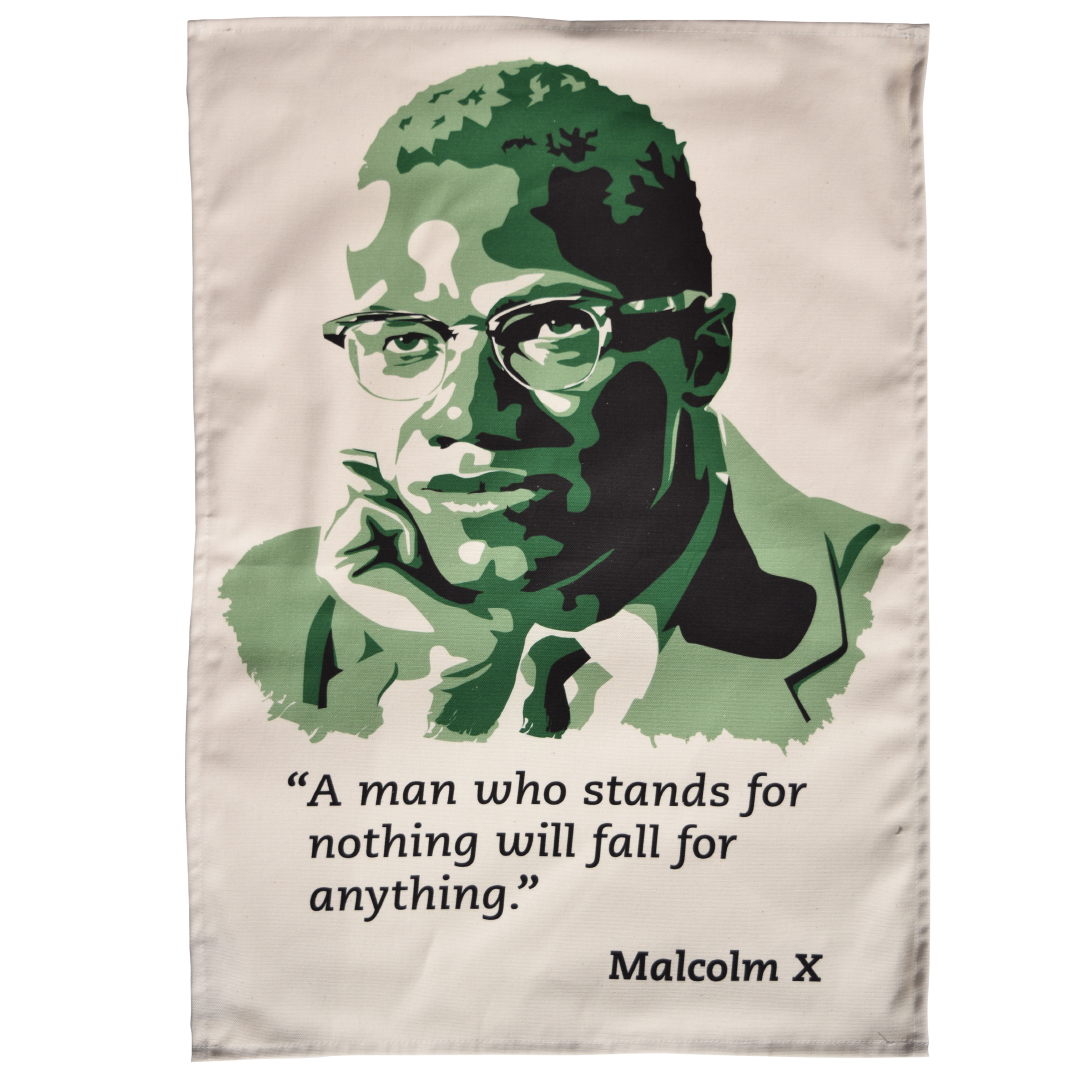We Charge Genocide: Black Activists at the United Nations
Posted by Pete on Dec 17th 2021

The story of the black activists who accused the United States of genocide
‘The responsibility of being the first in history to charge the government of the United States of America with the crime of genocide is not one your petitioners take lightly.’
Eleanor Roosevelt called it ‘ridiculous’, but the Civil Rights Congress went ahead anyway.
On this day in 1951, black activists accused the US government of genocide against African Americans.
It was the singer and activist Paul Robeson who handed the petition to a UN official in New York City.
View our Paul Robeson tea towel
Led by William L. Paterson,
WEB Du Bois and Paul Robeson, petitioners in both New York and Paris presented a document titled We Charge Genocide to UN officials.
The systemic, centuries-long brutalisation of black lives in the United States had been given many names.
In the time of
Harriet Tubman and Frederick Douglass, it was slavery and ‘the slave power’. Then it was ‘Jim Crow’ as racial apartheid was rebuilt after the Civil War.
But by 1951, a new concept had been developed: genocide.

Originally meant to deliver the petition to a UN delegation in Paris, Du Bois was prevented from travelling by the US State Department.
The Polish lawyer Raphael Lemkin began to argue in the 1940s that genocide – an intent to destroy, in whole or in part, a national, racial, ethnic or religious group – should be made a crime in international law.
In the context of the Holocaust, the crime of genocide became one of the pillars of the Nuremburg Trials.
A few years later, the newly-established United Nations adopted the 'Convention on the Prevention and Punishment of the Crime of Genocide'.
Black radicals like DuBois and Robeson now saw this Convention as a means to put international pressure on the US government.
They also saw it as an honest and accurate way to describe the historic ordeal of black America.
Inspired by We Charge Genocide, Malcolm X believed that the international stage of the United Nations was key to defending the human rights of African Americans.
Who could deny that black people had been murdered, in their hundreds of thousands, with the support of the American state?
Slavery had been legal under American law. Local police departments had allied themselves with white terrorists. Lynching went systematically unpunished. Economic discrimination was ingrained in the status quo.
For those who were unconvinced, the Civil Rights Congress collected mountains of evidence to support their charge.
It was a courageous move, especially in the context of the
Red Scare.
Across the spectrum, the petitioners were accused of being communist traitors. The State Department mobilised all of its resources to stop them.
But this reaction only signified one thing: the Civil Rights Congress were annoying all the right people.
The petition was largely ignored by the United Nations, but the whole rest of the world was listening.
At a time when the US was competing with the Soviet Bloc for influence over the newly independent states of Asia and Africa,
We Charge Genocide was a serious challenge.
Why should India or Pakistan listen to the US government on questions of right and wrong when its own citizens were accusing it of racial genocide?
This global aspect of
We Charge Genocide is why it continued to be popular with the internationalist tradition of black radical politics in the US, from Malcolm X through to the Black Panthers.
By raising black liberation to the level of international law, the Civil Rights Congress paved the way for later acts of international solidarity.
Because nobody is free until everyone is free.


